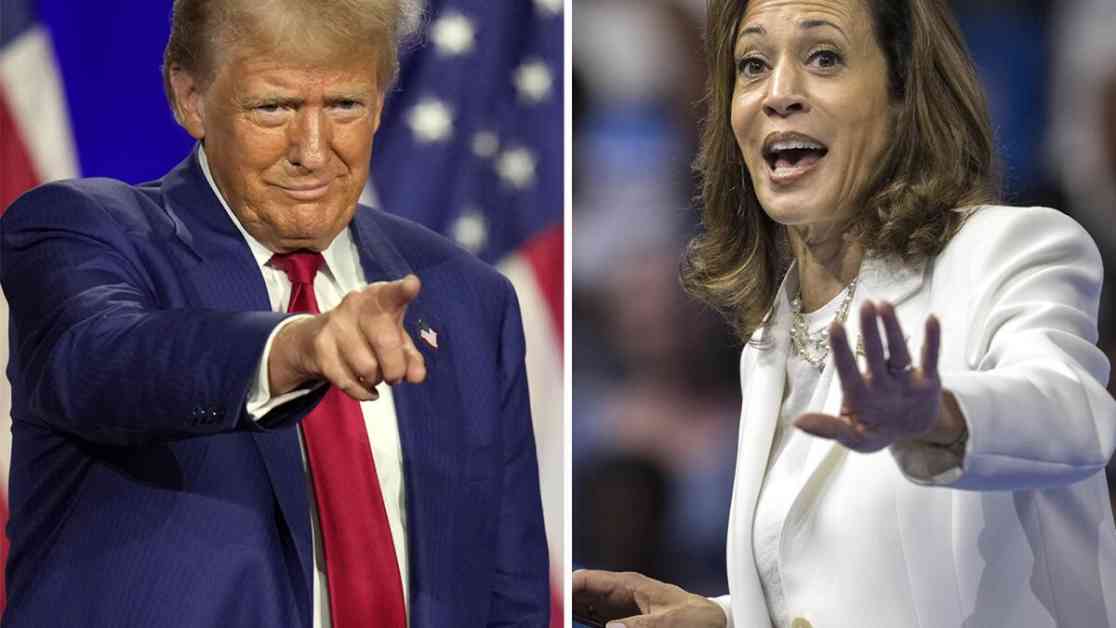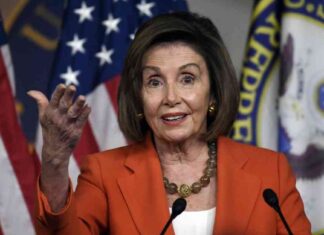**How to Get Real Answers from Trump and Harris: Top Debate Questions to Ask**
As the upcoming debate between Donald Trump and Kamala Harris approaches, the challenge of getting these skilled politicians to provide direct answers to important questions looms large. The ability to extract real answers from candidates is crucial for voters, especially undecided voters in swing states who will ultimately decide the election. The 90-minute debate will not only showcase competing policies but also test the candidates’ temperaments and ability to think on their feet.
Having been a panelist at primary debates in the past, I understand the difficulty of getting politicians to address questions directly within the allotted time. Broad, open-ended questions often allow candidates to pivot to campaign slogans or deflect the issue entirely. To elicit useful responses, yes-or-no questions, specific inquiries, and questions that challenge candidates on their inconsistencies are essential.
**Key Questions for Trump**
1. **Election Violence**
– The looming question for Trump is whether he will incite his followers to violence if he loses the election. His refusal to commit to accepting the election results and his allegations of potential cheating raise concerns about the potential for violence.
– A follow-up question could address his past statements to extremist militias and his ambiguous stance on political violence.
2. **Abortion**
– Trump’s mixed messages on abortion policies, including his support for states’ rights to regulate abortion and his criticism of Florida’s strict abortion law, warrant clarification.
– In light of the increasing number of states restricting abortion access, it is crucial to question Trump’s stance on protecting women’s reproductive freedom.
3. **Climate Change**
– Despite scientific evidence of escalating climate change, Trump has dismissed it as a hoax and belittled concerns about the environment.
– Questioning Trump on his plans to address climate change and protect the planet from its detrimental effects is vital for understanding his environmental policies.
4. **Child Care**
– Trump’s vague statements on lowering child care costs call for specific details on his proposed solutions and understanding of the current challenges facing families.
– Pinning down Trump on the actual costs of child care and his actionable plans to reduce them is essential for voters concerned about this issue.
5. **Tariffs**
– Trump’s assertion that tariffs on Chinese imports would not impact American consumers contradicts past price increases following tariff hikes.
– Questioning Trump on the potential consequences of his tariff policies and how they would affect consumers is necessary to assess the validity of his claims.
**Key Questions for Harris**
1. **’Turn the Page’**
– Harris’ pledge to bring a new approach while upholding Biden’s policies raises questions about the potential differences in her presidency compared to a second Biden term.
– Delving into areas of disagreement between Harris and Biden and her vision for a distinct leadership style is essential for voters assessing her candidacy.
2. **Electric Vehicle Mandates**
– Harris’ shifting stance on mandating automakers to transition to electric vehicles by 2035 requires clarification on the reasons for this policy reversal.
– Exploring Harris’ motives behind the policy change and its implications for the automotive industry can shed light on her priorities and decision-making process.
3. **Immigration**
– Harris’ evolution on decriminalizing unauthorized border crossings and advocating for consequences for such actions necessitates an explanation of her current stance on immigration policies.
– Questioning Harris on the consequences she envisions for unauthorized border crossings and her overall approach to immigration reform is crucial for voters concerned about this issue.
4. **Price Gouging**
– Harris’ proposal to combat price gouging in grocery markets raises questions about the scope and effectiveness of her plan.
– Seeking clarity on the applicability of her plan to current price hikes and the mechanisms for enforcement can help voters evaluate her proposals on consumer protection.
**Key Questions for Both Candidates**
1. **Social Security and Medicare**
– Addressing the looming financial challenges facing Social Security and Medicare requires specific steps from both candidates to ensure the sustainability of these vital programs.
– Questioning Trump and Harris on their strategies for shoring up Social Security and Medicare can provide insights into their commitment to safeguarding these programs for future generations.
2. **The Israel-Hamas War in Gaza**
– The ongoing conflict between Israel and Hamas presents a critical foreign policy challenge that demands decisive action from the next president.
– Pressing both candidates on their plans to end the Gaza war and outlining concrete steps they would take in their first hundred days in office can offer voters clarity on their approach to international diplomacy.
3. **The War in Ukraine**
– The protracted war in Ukraine underscores the need for a strong stance on foreign policy and national security.
– Questioning Trump and Harris on their strategies for addressing the Ukraine conflict, including funding, diplomacy, and territorial disputes, can illuminate their priorities in handling complex geopolitical challenges.
While the likelihood of receiving clear and concise answers from the candidates may be low, the moderators’ role in steering the debate towards substantive discussions is crucial. By posing incisive questions that demand specific responses, the moderators can provide voters with valuable insights into the candidates’ policies and priorities. Ultimately, the debate serves as a critical opportunity for voters to assess the contenders and make informed decisions in selecting the next president of the United States.



























